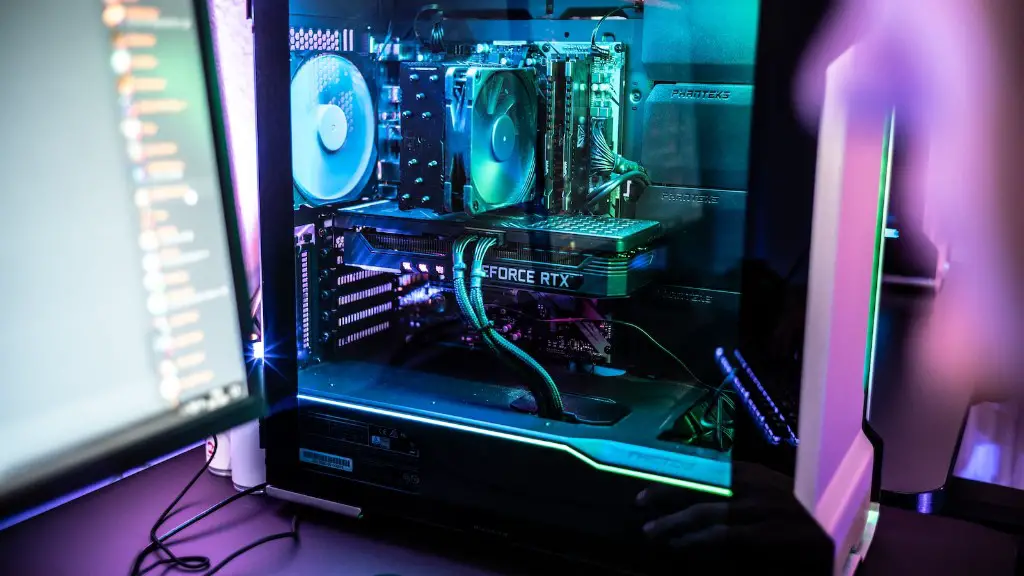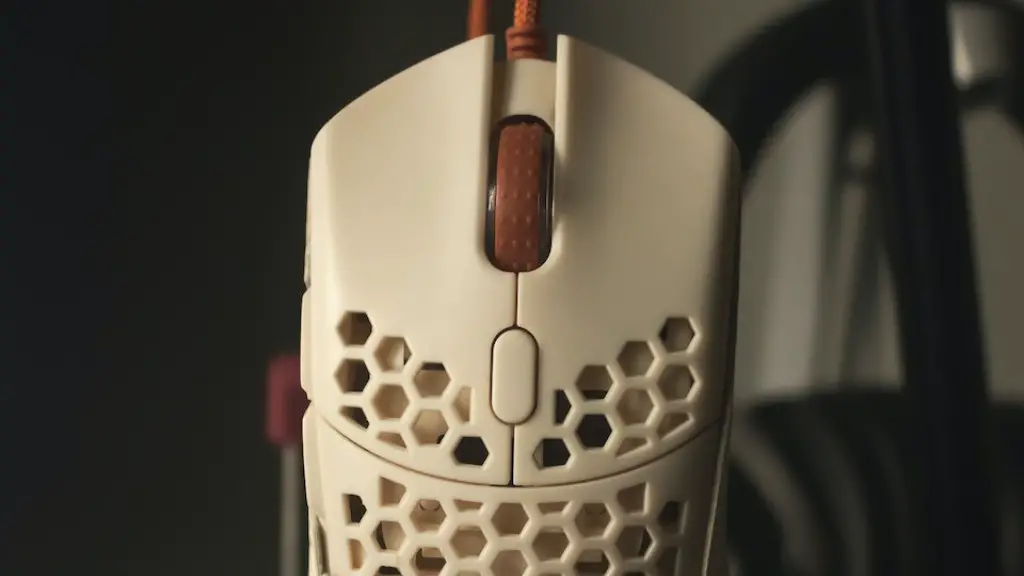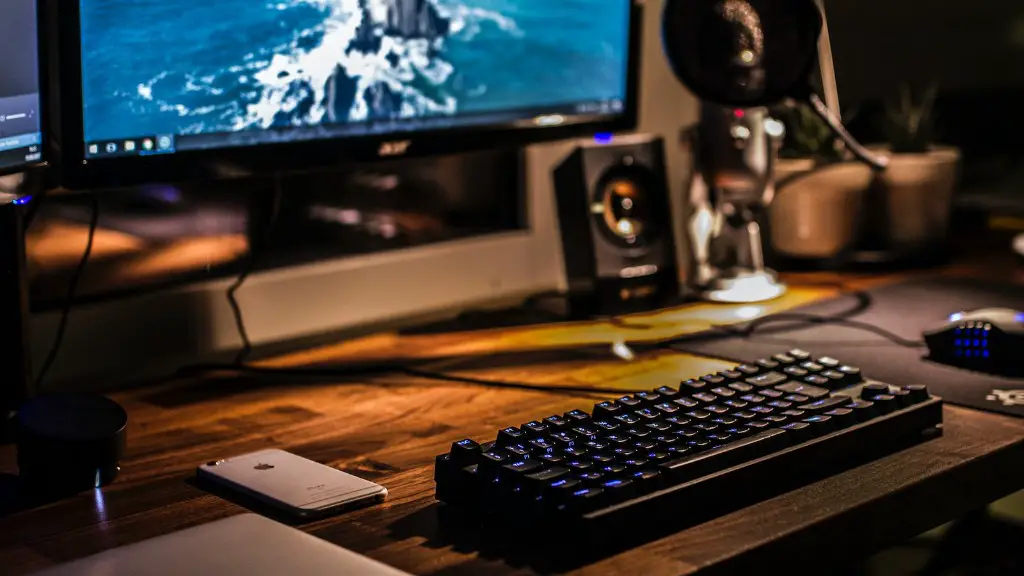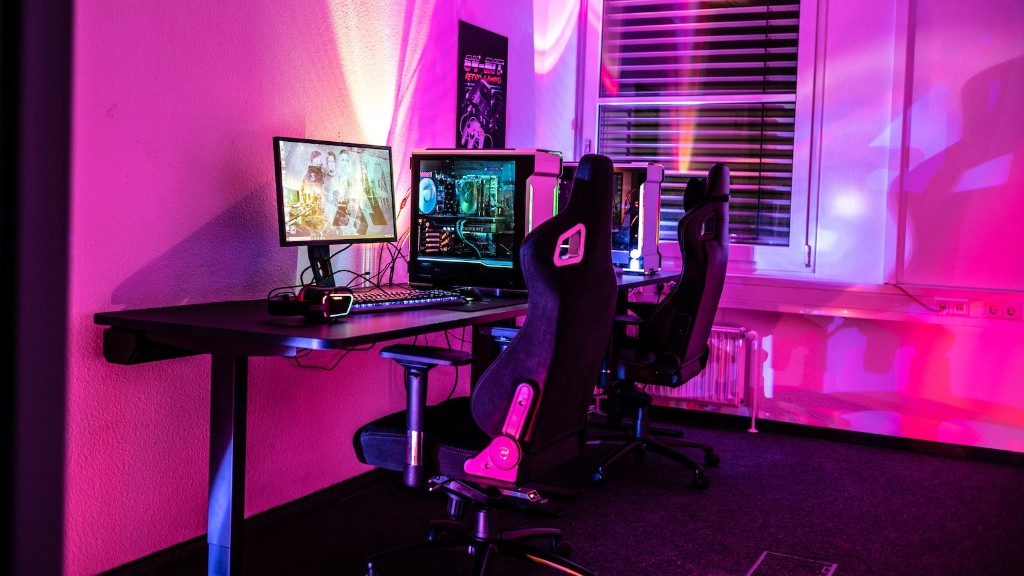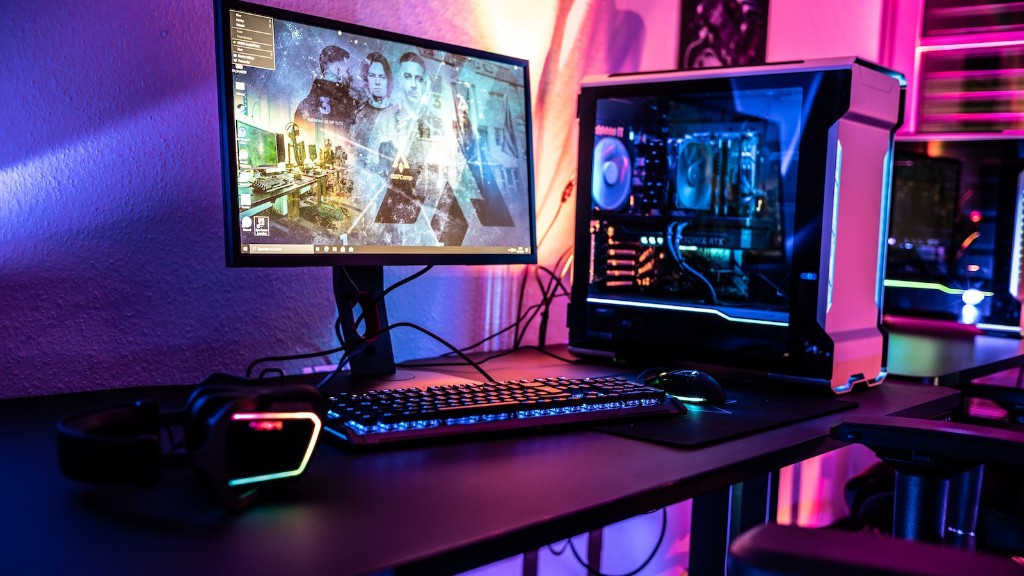As there is a lot of discussion about whether 4GB RAM is enough for gaming PCs or not, it is important to note that it highly depends on the kind of games you are playing, and your preferred settings for each game.
While 4GB RAM can easily handle games that are less intensive on hardware, such as indie 2D titles or browser games like Hearthstone and Old School RuneScape, it can struggle with modern AAA titles or the more graphically demanding games.
For example, a game like Far Cry 5 may require up to 8GB dedicated RAM to run, and it may not be feasible to run it on a PC with just 4GB RAM.
Even if you are able to run a specific game on 4GB RAM, it may not be the kind of performance you are looking for. If a game is lagging or running slow due to lack of RAM, then you may have to compromise on settings such as resolution and frame rate to make the game playable.
This does not mean that 4GB RAM should be avoided as a whole. If you are someone who plays less demanding games, then 4GB RAM should be enough. However, if you plan to play the more graphically intense games at settings that are closer to maximum, then it is recommended to opt for 8GB or higher RAM.
Core i3 Processors
When it comes to processors, it is best to opt for higher end models such as a Core i5 or an i7 for gaming PCs. However, these processors can become expensive, and if you don’t have a lot of money to spend on a PC build then you can opt for a lower end processor such as a Core i3.
These processors can be good enough if you plan to play casual games or if you are on a tight budget. The downside to these processors is that they may struggle to run more demanding games or games that are heavier on CPU than GPU. The performance may also depend on the number of cores and threads on the processor, so it is important to check these specs before making a purchase.
The other thing to consider is that even a processor like the Core i3 can bottleneck graphics cards in some scenarios. If the graphics card is too powerful for the processor then it may cause the system to stutter. This can be mitigated by going for a processor with more cores and threads in order to ensure that the load is evenly distributed.
So, if you are dealing with a limited budget and still want to play games, then you can opt for a Core i3 processor which can be a good enough solution, provided that the games you are playing are not too demanding.
Graphics Cards
When it comes to gaming PCs, the graphics card is the most important component for a reliable and smooth gaming experience. Choosing the right graphics card depends on the types of games you are playing and the settings you are running them on.
In general, it is recommended to go for a graphics card that is no older than two generations before the latest one. This way, you will be able to play most modern games at medium to high settings. For example, if the latest generation of graphics cards is the 10th generation, then going for the 8th generation should be enough.
Of course, if you want higher frame rates and resolutions, then you may need to opt for the latest and greatest graphics cards. But if you are on a budget and prefer to play at lower settings then an older generation of graphics cards should be enough.
Even older graphics cards like the GTX 970 or the GTX 1060 can still deliver good performance in most modern games. The downside is that they may not be able to handle more demanding games such as Battlefield 5 or Star Citizen at higher settings.
When choosing graphics cards, it is important to check their specs such as the number of CUDA cores, clock speeds, cooling setup, power consumption, and other factors. It is also important to note that graphics card performance depends on the CPU and RAM, so it is best to make sure that these components are up to the task as well.
Storage
Storage is another important component when it comes to gaming PCs. If the storage is too slow then the games may not load properly or may be sluggish in general. This is why it is important to opt for fast storage solutions such as Solid State Drives (SSDs).
These drives are much faster than regular Hard Disk Drives (HDDs) and can drastically improve game loading times. They can also be used to store game installations, while large files such as game assets, music, and movies can be stored on HDDs.
The size of the storage is also important as games can be quite large and require lots of disk space. It is recommended to go for at least 500GB or 1TB of storage which should be enough for most gamers. Of course, if you plan to install lots of games or other software then it is better to go for a larger capacity drive.
In addition to these drives, it is also important to consider other storage options such as Network Attached Storage (NAS) which can be useful for those who want to access their games from anywhere.
Monitors
When it comes to gaming PCs, monitors play an important role in providing an immersive gaming experience. Monitors come in different sizes, resolutions, and refresh rates, so it is important to choose one that suits your needs.
In general, it is best to go for a monitor with a higher resolution as it will provide a sharper image and a better overall gaming experience. Additionally, monitors with higher refresh rates will provide smoother gameplay and reduce motion blur.
If you are a more competitive gamer then you may want to go for a monitor with higher refresh rate and faster response time such as 144Hz or even 240Hz. On the other hand, if you mostly play casual games then you may want to opt for a monitor with a lower refresh rate such as 60Hz or 75Hz.
Another important factor to consider is the size of the monitor. If you are limited on space then you can opt for a smaller monitor such as a 24 inch. However, if space is not an issue then you may want to go for a larger monitor such as a 27 inch or even a 32 inch.
Finally, it is important to note that gaming monitors are not just about performance. They can also be used to show off your PC setup and make it look more aesthetically pleasing. So it is recommended to choose a monitor that will look good in your setup.
Conclusion
Overall, it is important to note that 4GB RAM may be enough for gaming PCs for less intensive games, but it is highly recommended to go for 8GB or higher if you plan to play more demanding games. Processors like the Core i3 can be good enough for casual gaming or if you are limited on budget. In addition, it is important to choose the right graphics card, storage solutions, and monitor for the best experience.
